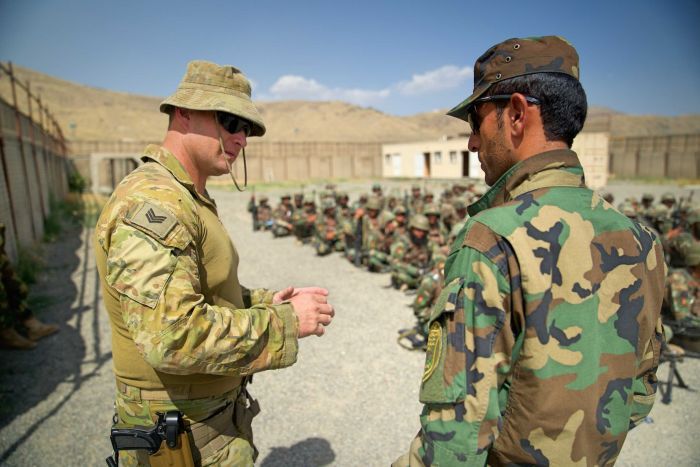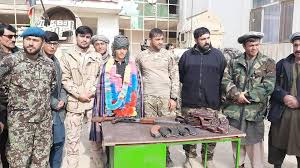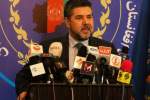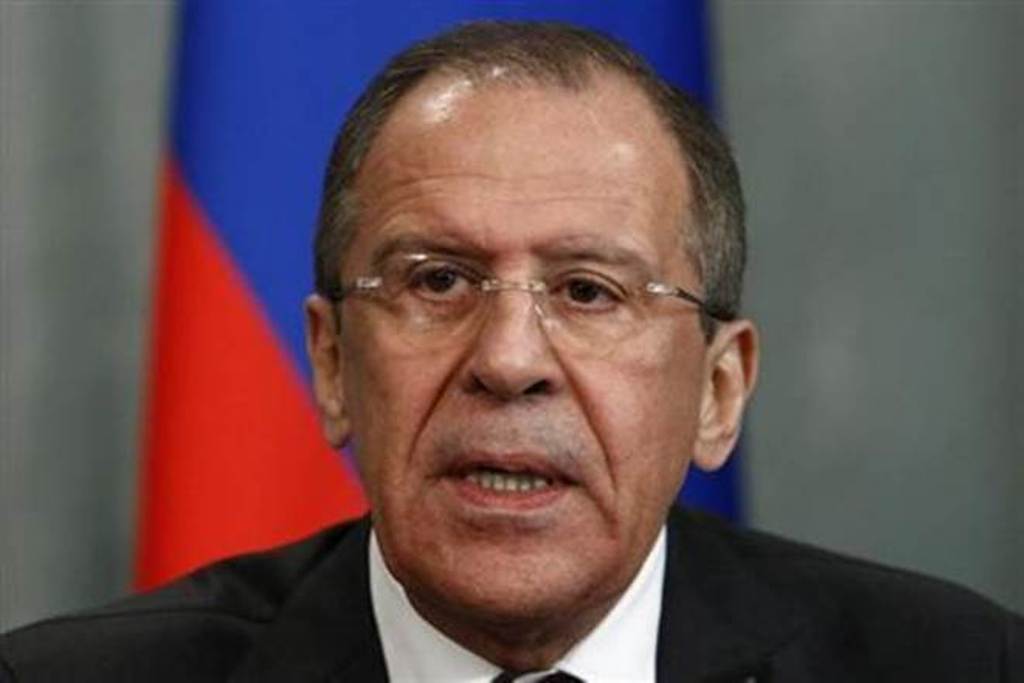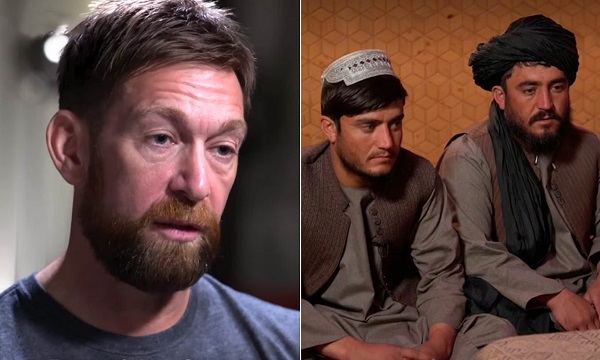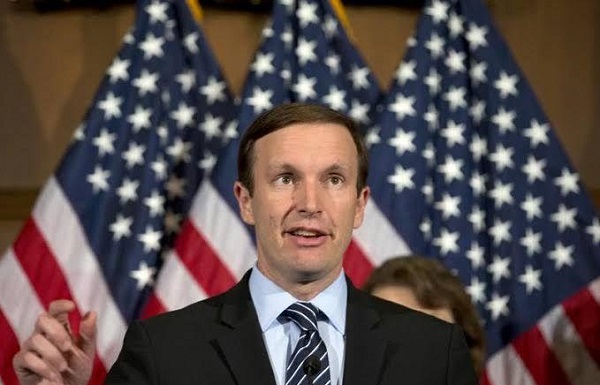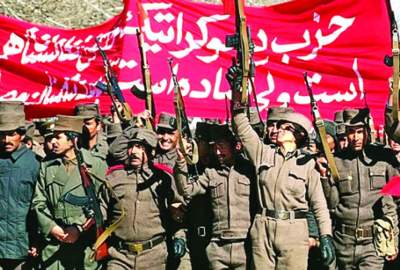Australian Jason Tuffley is a Gold Coast detective, so it's not as if he's unaccustomed to suffering and violence.
Publish dateSunday 8 July 2018 - 08:14
Story Code : 166696
AVA- But on a stint as an Army reservist in Afghanistan, he's been impressed by the guts shown by the young Afghans he works with.
"I'm mentoring four officers, all four of them have lost their fathers in this conflict," Captain Tuffley says.
"The majority of these boys come from provinces where this is their daily reality, so it's not as if there is a frontline."
Australia withdrew from combat operations in Afghanistan in late 2014, and since then the war has faded from the front pages.
But there are still about 300 Australians working in Afghanistan under a NATO-led mandate to "train, advise and assist".
That means little frontline action, but Australia is maintaining a stake in the future of the country.
"We can't just say we've had enough now were not going to do this anymore, it's too hard and too long," says Australia's Ambassador to Afghanistan, Nicola Gordon-Smith.
"It's a fight we have to keep on at — otherwise we lose."
Australians return to a changed Afghanistan
There are Australian soldiers returning now who have spent whole chunks of their careers in Afghanistan.
They've seen combat here, some of them have seen mates killed or injured, and now they're back in an advisory role.
This time, the Taliban controls or contests 45 per cent of the nation's districts.
"There's a network of Taliban where they've set up, it appears, an alternative government or a shadow government," says Australia's Task Group Commander in Afghanistan, Brigadier Peter Connor.
It's widely accepted that the enemy will eventually be included in a political settlement aimed at ending the war.
Last month, both sides laid down their weapons for the first time since the war began, for a three-day ceasefire at the end of Ramadan.
The short ceasefire stunned the world, with Taliban fighters posing for selfies with soldiers and locals on the streets of Kabul, before melting back into the mountains and returning to the fight.
The Australian advisors are also accompanied by "guardian angels" — Australian Defence Force (ADF) soldiers assigned to protect them against the threat of insider attack while they are working.
A US service member was killed in an apparent insider attack in southern Afghanistan on Saturday.
Such attacks became frequent prior to the end of combat operations in 2014, but have decreased in the wake of boosted force protection measures.
Helping Afghans run their own war
Australia's current contingent in Afghanistan is aimed at helping the Afghans run their own war.
A special forces advisory group is present in the country.
Australians mentor the intelligence officers in charge of protecting Kabul from terror attacks.
Australians are helping get a fledgling Afghan air force up and running.
And soldiers like Captain Tuffley are helping young soldiers become better fighters, better leaders.
An intractable slog of insurgency and counter-insurgency lies ahead of these young Afghan men, and some women, in a war that began when most of them were babies.
The army or police force are among the only options for steady employment in the country, and even then, they might go a month or two without wages.
The economy is shattered.
Getting paid enough to support extended families is sometimes more of a worry than fighting the Taliban.
Are they fearful of being killed?
"I wouldn't say they're fatalistic," says Captain Tuffley, "but because of their faith in god and their upbringing and their culture they're very accepting of what needs to be done."
"They want to play a part — and whatever happens, happens."
One officer cadet explains how his aunt was killed by Taliban fighters.
They kicked him on the floor, and he watched her die.
"I want to kill Taliban," he says simply.
Figures released by the US military back in 2015 showed the Afghan army had to replace about a third of its 170,000 soldiers that year due to casualties, desertion, and failure to re-enlist.
Part of Australia's job now is to improve the standard of leadership in the army, in the hope of boosting morale and reducing deaths among the troops.
Captain Tuffley, a military history buff, spends the hours when he's not out with the Afghans reading about their history.
Driving out through the landscape, he points out the Hindu Kush mountain range in the distance.
"That's where Alexander the Great marched through, that pass there, on his way to Kandahar," he says.
A long-term perspective is a must for anyone who thinks they can have an impact in Afghanistan.
"In the grand scheme of things, I'd like to think I've contributed in some small way towards an improvement in the level of training," says Captain Tuffley.
"These junior officers in later years are going to be the senior officers.
"As small as it is, that contributes to the stability of this nation — and they deserve it."
"I'm mentoring four officers, all four of them have lost their fathers in this conflict," Captain Tuffley says.
"The majority of these boys come from provinces where this is their daily reality, so it's not as if there is a frontline."
Australia withdrew from combat operations in Afghanistan in late 2014, and since then the war has faded from the front pages.
But there are still about 300 Australians working in Afghanistan under a NATO-led mandate to "train, advise and assist".
That means little frontline action, but Australia is maintaining a stake in the future of the country.
"We can't just say we've had enough now were not going to do this anymore, it's too hard and too long," says Australia's Ambassador to Afghanistan, Nicola Gordon-Smith.
"It's a fight we have to keep on at — otherwise we lose."
Australians return to a changed Afghanistan
There are Australian soldiers returning now who have spent whole chunks of their careers in Afghanistan.
They've seen combat here, some of them have seen mates killed or injured, and now they're back in an advisory role.
This time, the Taliban controls or contests 45 per cent of the nation's districts.
"There's a network of Taliban where they've set up, it appears, an alternative government or a shadow government," says Australia's Task Group Commander in Afghanistan, Brigadier Peter Connor.
It's widely accepted that the enemy will eventually be included in a political settlement aimed at ending the war.
Last month, both sides laid down their weapons for the first time since the war began, for a three-day ceasefire at the end of Ramadan.
The short ceasefire stunned the world, with Taliban fighters posing for selfies with soldiers and locals on the streets of Kabul, before melting back into the mountains and returning to the fight.
The Australian advisors are also accompanied by "guardian angels" — Australian Defence Force (ADF) soldiers assigned to protect them against the threat of insider attack while they are working.
A US service member was killed in an apparent insider attack in southern Afghanistan on Saturday.
Such attacks became frequent prior to the end of combat operations in 2014, but have decreased in the wake of boosted force protection measures.
Helping Afghans run their own war
Australia's current contingent in Afghanistan is aimed at helping the Afghans run their own war.
A special forces advisory group is present in the country.
Australians mentor the intelligence officers in charge of protecting Kabul from terror attacks.
Australians are helping get a fledgling Afghan air force up and running.
And soldiers like Captain Tuffley are helping young soldiers become better fighters, better leaders.
An intractable slog of insurgency and counter-insurgency lies ahead of these young Afghan men, and some women, in a war that began when most of them were babies.
The army or police force are among the only options for steady employment in the country, and even then, they might go a month or two without wages.
The economy is shattered.
Getting paid enough to support extended families is sometimes more of a worry than fighting the Taliban.
Are they fearful of being killed?
"I wouldn't say they're fatalistic," says Captain Tuffley, "but because of their faith in god and their upbringing and their culture they're very accepting of what needs to be done."
"They want to play a part — and whatever happens, happens."
One officer cadet explains how his aunt was killed by Taliban fighters.
They kicked him on the floor, and he watched her die.
"I want to kill Taliban," he says simply.
Figures released by the US military back in 2015 showed the Afghan army had to replace about a third of its 170,000 soldiers that year due to casualties, desertion, and failure to re-enlist.
Part of Australia's job now is to improve the standard of leadership in the army, in the hope of boosting morale and reducing deaths among the troops.
Captain Tuffley, a military history buff, spends the hours when he's not out with the Afghans reading about their history.
Driving out through the landscape, he points out the Hindu Kush mountain range in the distance.
"That's where Alexander the Great marched through, that pass there, on his way to Kandahar," he says.
A long-term perspective is a must for anyone who thinks they can have an impact in Afghanistan.
"In the grand scheme of things, I'd like to think I've contributed in some small way towards an improvement in the level of training," says Captain Tuffley.
"These junior officers in later years are going to be the senior officers.
"As small as it is, that contributes to the stability of this nation — and they deserve it."
Source : خبرگزاری Afghan Voice Agency(AVA)
avapress.com/vdcdn90f9yt0996.em2y.html
Top hits
